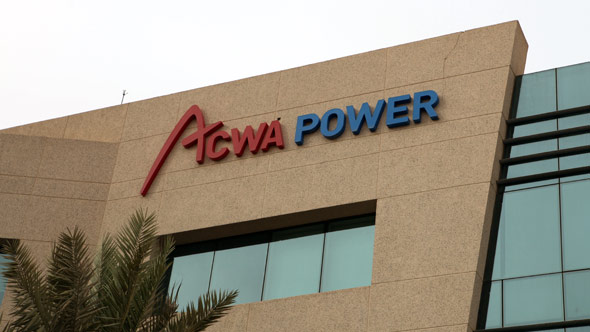Developer and operator of power and desalinated water plants, ACWA Power, has been awarded three solar photovoltaic (PV) power projects by Egypt.
The projects to be built in Benban are under Egypt’s Round 2 of the Feed-in-Tariff (FiT) programme, said a company statement. ACWA Power will develop, finance, build, own, and operate the three projects with an aggregate capacity of 165.5 megawatts (MW) and total investment value of $190mn.
Engineer Gamal Abd-Al Rehem, chairman of the Egyptian Electricity Transmission Company (EETC); and Mohammad Abunayyan, chairman of ACWA Power, signed the power purchase agreement in the presence of Egypt’s Prime Minister Dr Sherif Ismail; Saudi Arabia’s Ambassador Ahmed Al Qattan; Electricity and Renewable Energy Minister, Dr Mohamed Shaker; and other ministry officials.
The projects, which are located in the Aswan Province in Benban, will have capacity to generate 67.5 MW, 70 MW, and 28 MW individually. The projects are expected to achieve financial close and commence construction by the fourth quarter of 2017. Once the projects start operations in 2018, they will power 80,000 houses while saving around 156,000 tons of CO2 a year.
The Government of Egypt and the Ministry of Electricity and Renewable Energy (MoERE) have set a target of achieving 20% of Egypt’s energy generation from renewable sources by 2022. The feed-in tariff programme aims to secure an initial generation of 2,000 MW of solar capacity and 2,000 MW of wind capacity.
Commenting on the signing, Paddy Padmanathan, president and CEO of ACWA Power, said: We are proud to partner with the Egyptian Government as the government pursues an ambitious goal to ensure reliable lowest cost electricity generation capacity to increase quality of life of the people of Egypt and support continuous industrial expansion of the country, without compromising on its commitment to protect the planet by reducing carbon emission through deployment of increasing levels of renewable energy in the generation portfolio mix.
ACWA Power is partnering with Tawakol and Hassan Allam Holding, two reputable local companies in Egypt, on the project.

